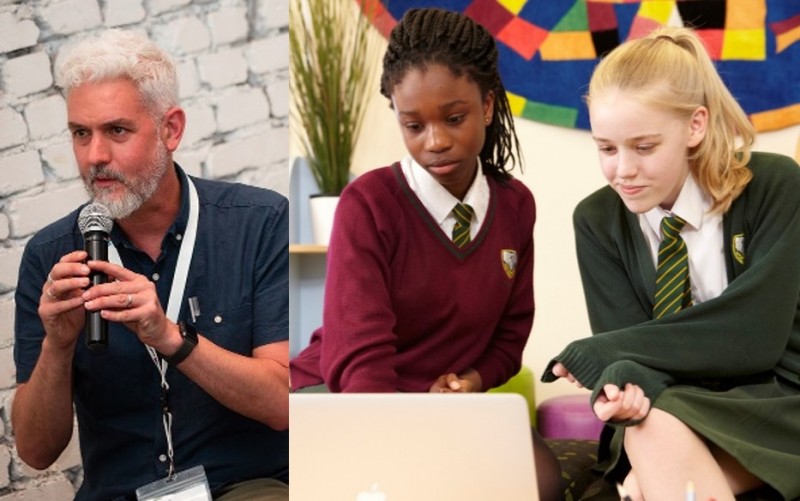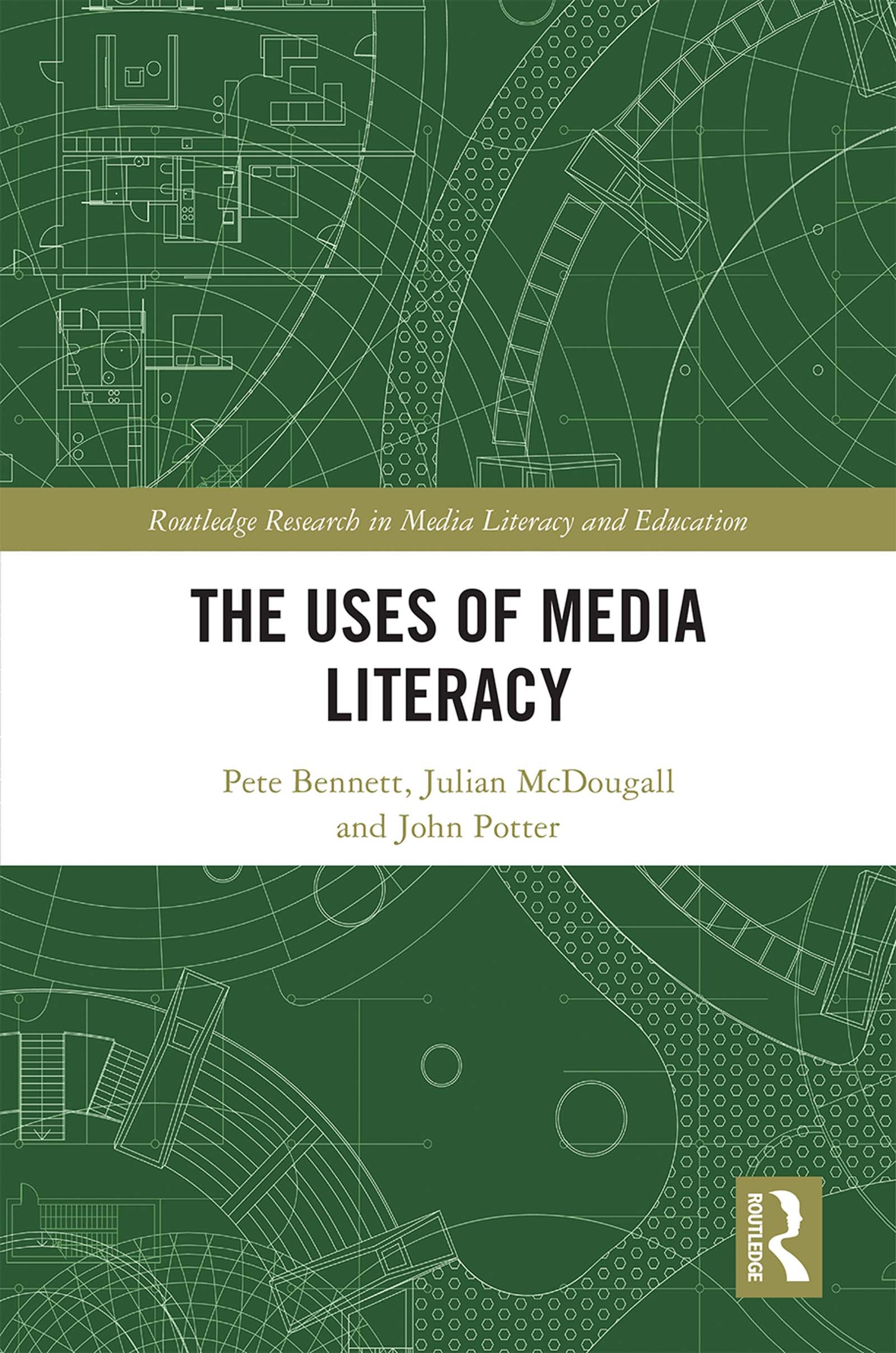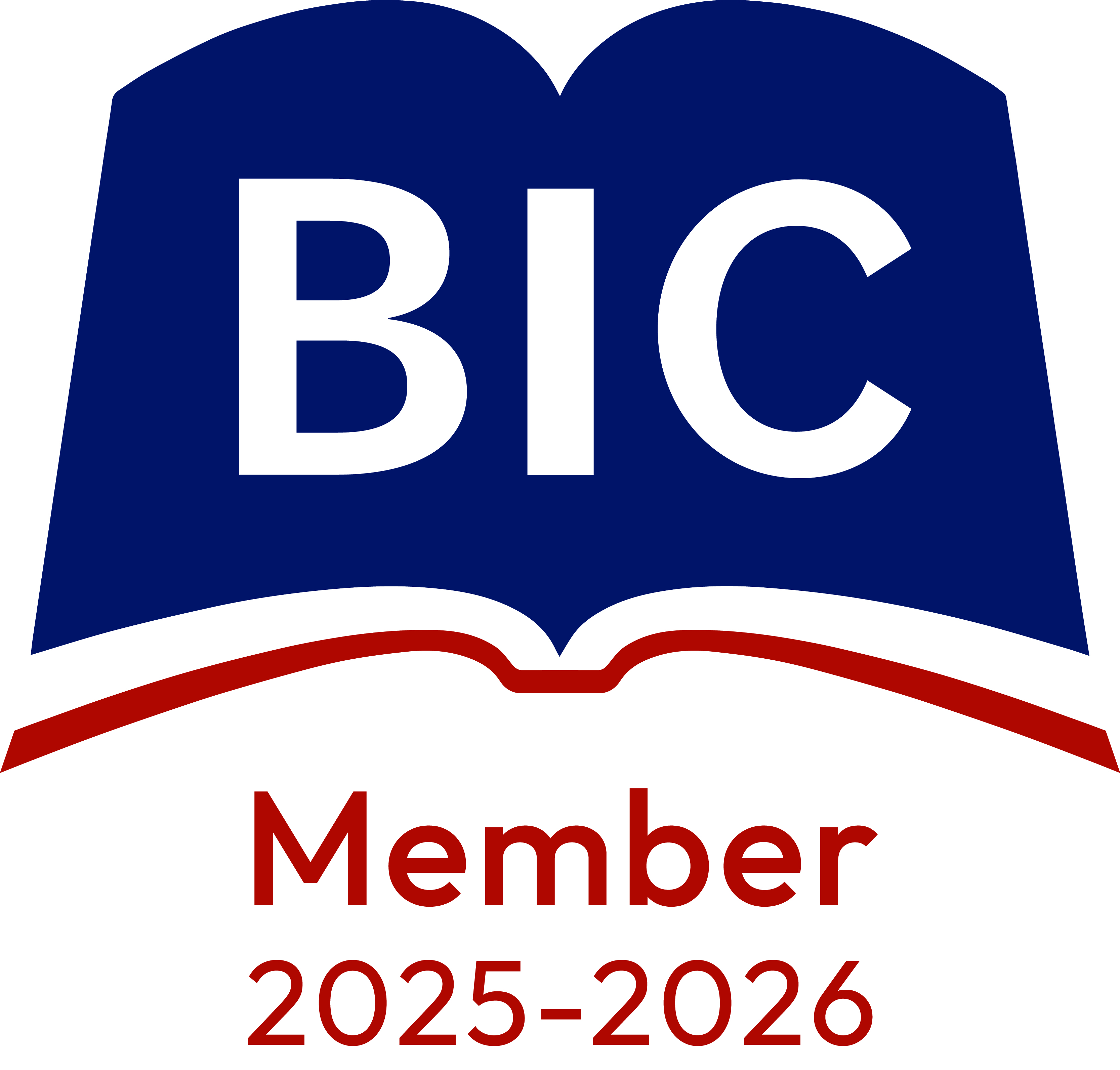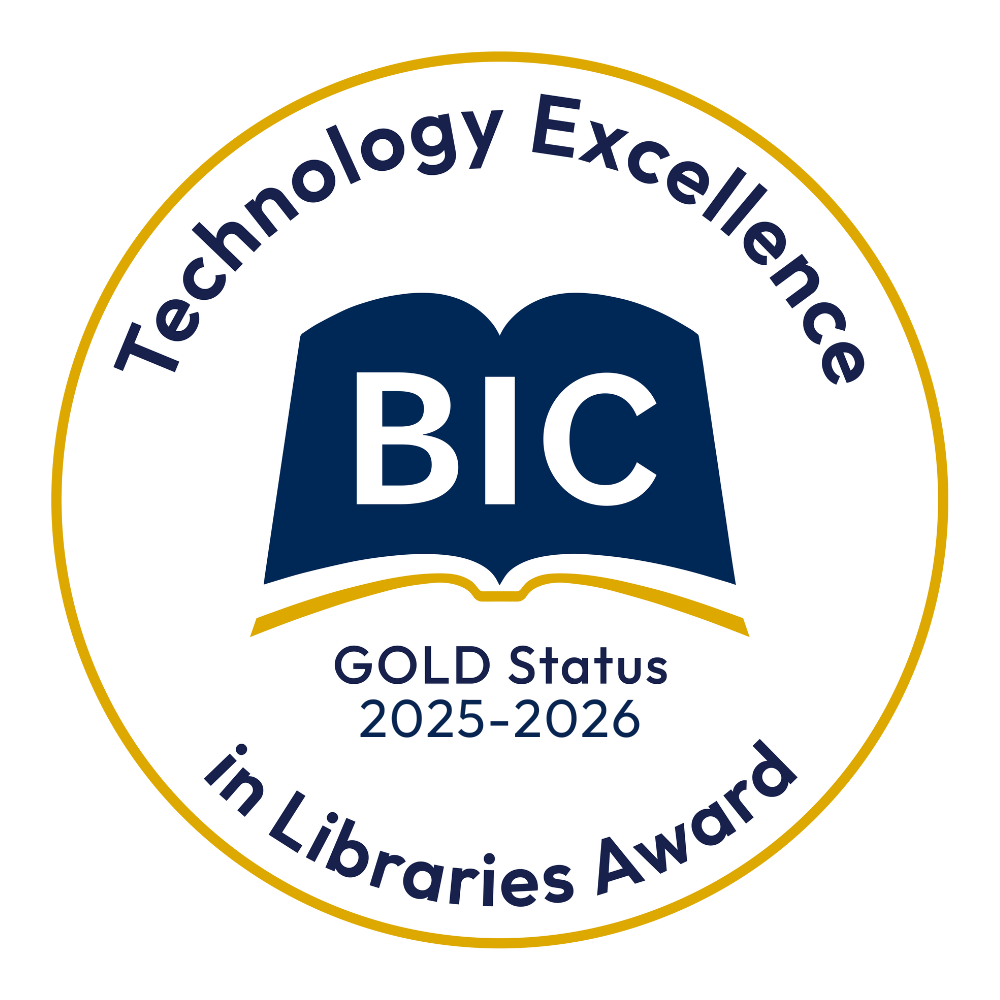For help, advice and telephone ordering call our team on 0121 666 6646
Are you sure you wish to delete this basket?()
This action cannot be undone.
Sorry, something went wrong
Please report the problem here.
Libraries, third spaces and 3D freedom: school libraries and critical literacy

November 16th 2020
'Media literacy education, if adopted as a mandatory subject for all students in all schools, would better equip young citizens with resilience to fake news.'
In this guest post, Julian McDougall from the School Library Association considers how we can best equip our pupils with the tools they need to critically assess the media and information that is available to them.
In The Uses of Literacy (1957), Richard Hoggart wrote about how people were using the new ‘mass literacy’ for self-improvement, education, social mobility and civic engagement. However he also considered that outside forces were seizing the opportunity to use this same expansion in literacy, through the new mass media, for commercial and political exploitation.
Now more than fifty years later, in the era of ‘information disorder’ and ‘fake news’, is the same thing still happening? Fake news can be defined as false, and often sensational information that is disseminated under the guise of news reporting. What kinds of literacy are required to survive in this new information and data landscape? And how do we equip our pupils with this literacy, with the tools they need to critically assess the information and media that is available to them?
Media literacy vs. fake news
The precarious existence of libraries in general and the ‘extra’ status of school libraries in the education sector is considered a factor in the broader state of ‘information disorder’ (Wardle and Derakhshan, 2017). That’s why information professionals formed one of the stakeholder groups for our recent research into media literacy as a response to fake news, Media Literacy versus Fake News: Critical Thinking, Resilience and Civic Engagement.
Our project site for the research presents a comprehensive field review, workshop videos, presentations of our findings, a participant blog, summary report, recommendations for policy and practice and a ‘top ten’ toolkit of media literacy resources selected by stakeholders, including librarians, for dealing with fake news.
The key recommendation is that media literacy education, if adopted as a mandatory subject for all students in all schools, would better equip young citizens with resilience to fake news than reactive resources (such as fact-checking and verification tools) and small-scale projects which focus primarily on skills and competences rather than critical thinking. I describe the latter as important and valuable for ‘giving a fish’, whereas critical media literacy is more a case of ‘teaching to fish’.
Developing critical thinking
Developing critical thinking needs an approach which combines students’ existing media engagement expertise with the critical thinking expertise of teachers, but joined together with a broader information literacy that is currently excluded from the school curriculum.
This is what we call a critical, dynamic third space literacy (Potter and McDougall, 2017). If home is the first space, school is the second, then the third space is in between but it is more than just a space, it is a different way of being in education, it acts as a rich, semi-permeable membrane – an intersection where learning is more dynamic than static. Like a library. The Unesco declaration on media and information literacy (2016) gives emphasis to the role and importance of libraries, and in the UK, the teaching of critical literacy skills has been included in the Great School Libraries campaign’s list of objectives: Deliver and teach essential Information/critical literacy skills to combat fake news and engender independent learning.
The Library and Information Association (2018) offer their own definition of ‘information literacy’ which includes digital and media literacies and aligned knowledge and understanding. CILIP define it as ‘the critical capacity to read between the lines, to ask perceptive questions, think critically, weigh evidence, sift arguments and develop perspective and judgement.’ (CILIP, 2018: 5)
But what does this look like in practice, in the library?
In the school library
The idea is that students bring their media knowledge from everyday life (first space) into the library, where it is put in dialogue with the media / information context for curriculum content (second space). We can integrate media literacy work into school subjects to develop 3 As: Awareness (of how media represent people, places, social issues, time periods, cultures), Assessment (critical reading of media) and Action (active use of or creation of media).
Examples of doing this in English, History, ICT and Geography can be found here, from work we did with the United Kingdom Literacy Association. There are also examples in the research toolkit which librarians can use to link back to subjects whilst drawing on pupils ‘first space’ media knowledge:
- Newswise, a three-week set of cross-curricular English and PSHE lessons composed of three themes: understanding news, critically navigating news and reporting news
- Resources from the National Literacy Trust designed to help primary and secondary teachers, parents and school librarians equip children with the critical literacy skills they need to survive and thrive in today's digital world
- Mind over Media, a web platform providing an opportunity to explore the subject of contemporary propaganda by hosting thousands of examples of 21st century propaganda from around the world. Users can upload, examine and discuss examples of propaganda from their own daily lives.
Fact-checking and 'teaching to fish'
Fact-checking is the most common model for a ‘giving a fish’ educational response to fake news, and this EU resource is a more direct approach, with users being directly ‘taught’ facts.
Another mode, more ‘third spacey’, is where students are taught to fact-check themselves, supported in the library. Buzzfeed’s weekly Fake News Quiz (Duped by the Internet?) is a simple set of True / False responses to social media posts, some from ‘randoms’, some from politicians and some from news providers. The obvious library activity task would be to ‘flip’ this to have students set the questions, along with some set criteria – of ten cases, five should be from media sources, two should be retweets, the other three are ‘free range’. This can be in the context of any school subject.
Cathal Coyle (2020) has also provided a set of practical approaches for this work in his guidelines for the SLA, including a Young News Readers project, the integration of local community groups’ interest and curriculum content, decoding the ideological dimensions of text and a focus on representation with the starting point being a gendered analysis of The Giving Tree picture book.
Linked to this kind of visual literacy, a Covid-focused current example is our project on the use of comics for public health data literacy. Students creating a web-comic that links a media representation problem to a curriculum topic can draw on their own mediated experiences; the subject theory of the teacher and the information expertise of the librarian.
Libraries, freedom and critical media literacy
Critical literacy, then, as a practice of being in the world with language, but also amidst media, information and, increasingly, data, is what we need, as opposed to just fact-checking or a faithful return to ‘real news’ or the reading of books as an antidote to the harms of ‘screen time’. On that subject, the LSE project Parenting for a Digital Future is highly recommended.
It is really no overstatement to see critical media literacy as an essential pillar of freedom and that’s what loops libraries back to Richard Hoggart’s contribution. The tools, tech and media have changed beyond recognition (he was concerned about magazines, television and juke boxes in cafes, we are concerned with the ‘mutant algorithm’). But the living literacy practices we need to enable are the same – critical reading, representing the world in language, using literacy for social change, for a 3D freedom.
And if not in the library, then where?
Julian McDougall is Professor in Media and Education and Head of the Centre for Excellence in Media Practice for Bournemouth University. In the field of media education, he is the author of a range of over 100 books, articles, chapters and research reports and has provided numerous research projects for external funders, charities and non-profit organisations including the European Union, Arts and Humanities Research Council, Samsung, the United Kingdom Literacy Association, DCMS and US Embassy. In 2020 he became a Patron of the School Library Association. Follow Julian on Twitter @JulianMcDougall.
The Uses of Media Literacy by Pete Bennett, Julian McDougall and John Potter is available now. See more of Peters' recommended reads on media literacy and fake news.





